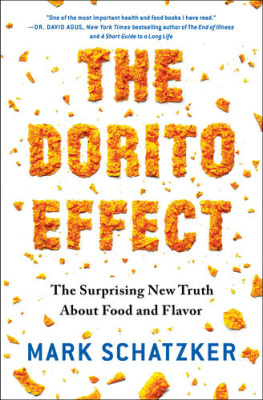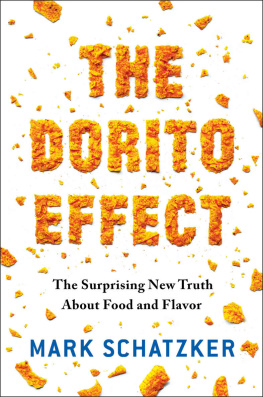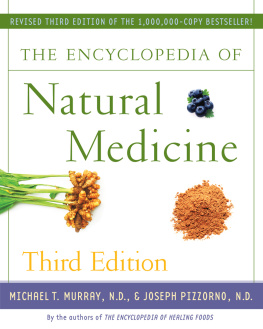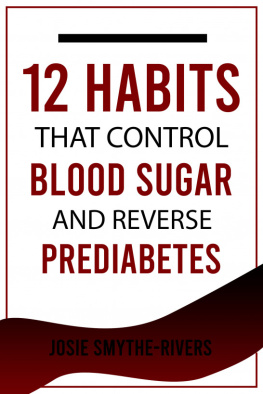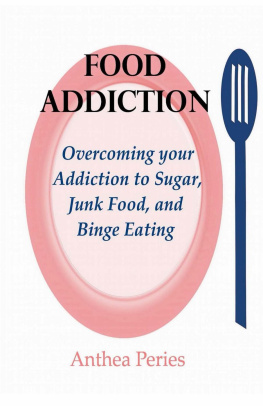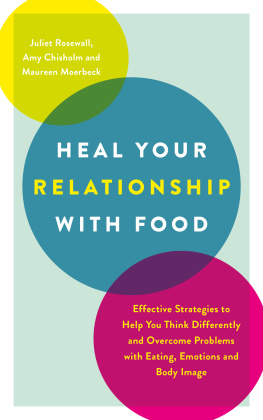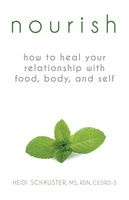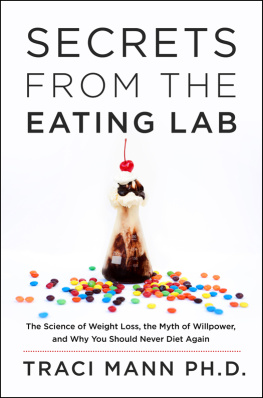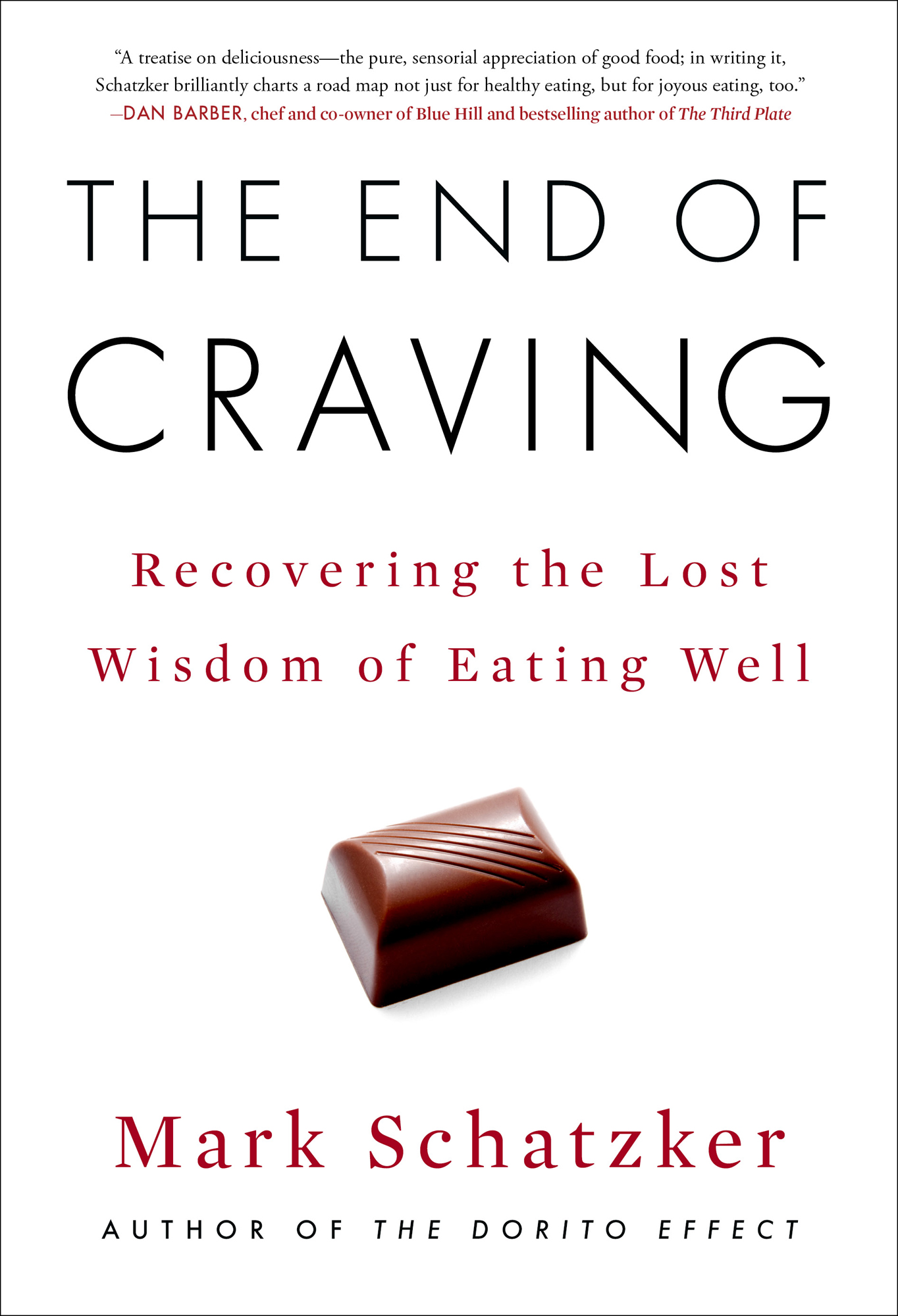Contents
Guide
A treatise on deliciousnessthe pure, sensorial appreciation of good food; in writing it, Schatzker brilliantly charts a road map not just for healthy eating, but for joyous eating, too. Dan Barber, chef and co-owner of Blue Hill and bestselling author of The Third Plate
The End of Craving
Recovering the Lost Wisdom of Eating Well
Mark Schatzker
Author of The Dorito Effect
For Greta, Violet, and Henry
INTRODUCTION The Mystery
T he problem with mysteries is that most of the time they dont get solved, at least not the way we want. Life is not like the ending of a mystery novel, when the detective points at the murderer and says, It was him. Mysteries are like Russian nesting dolls. You break one open only to find there is another smaller, harder question waiting for you inside. And the game continues.
On a sunny September day in 2014, in the Jasmine Room at the DoubleTree hotel in Bethesda, Maryland, the mystery was food. There are many mysteries when it comes to food, but this was the big one, a nutritional debate that had been raging for decades: What makes people gain weight, carbs or fat? A scientist named Kevin Hall, from the National Institutes of Health, was standing at the lectern advancing slides in PowerPoint, preparing to deliver the answer.
Over the past several months seventeen overweight or obese men had participated in a study of the controlled, scientific feeding of carbohydrates. Each and every day, they ingested an average of 2,398 calories, 48 percent of which were from carbohydrates and 36 percent from fat. The men were not permitted to leave so much as a crumb. If they received guests, they conducted their visits in full public view to ensure that no food, not even gum, was secretly shared. There were no conjugal visits. Two days a week were spent in a metabolic chamber, a high-tech room outfitted to measure how much oxygen the men consumed and how much carbon dioxide they releasedit even tracked their movement with radar. For twenty-eight days the men ate, watched TV, used a stationary bicycle, went to the bathroom, and slept.
Then they did it all over again for another twenty-eight daysonly now they were in the high-fat or ketogenic phase. The second diet was almost identical to the first, with the same number of calories and the same amount of protein. But there was an important difference: fat and carbs had swapped roles. Now 77 percent of the calories came from fat and a mere 6 percent from carbs. All the while, Kevin Hall and his team collected blood and urine samples and analyzed every available point of data so that they could, once and for all, settle the great carbs-or-fat debate.
I T IS a debate that stretches back at least as far as 1972, with the publication of Dr. Atkins Diet Revolution: The High Calorie Way to Stay Thin Forever, one of the most influential diet books of all time. Humans, Dr. Atkins argued, had naturally evolved to eat meat but were being fed carbohydrates, to which they were allergic, and which made them accumulate fat. His advice was simple: stop eating bread and cereal and drinking fruit juice. Instead, eat more of what humans were meant to consume: cheese, eggs, and meat.
Dr. Atkins, alas, was twenty years too early to his own party. In 1977, the American government released Dietary Goals for the United States, a document that urged the nation to increase carbohydrate consumption and cut down on butterfat, eggs, and red meat. Atkinss anti-carb message was quickly drowned out by a growing national crusade against fat. Americans became ever more sure that everything wrong with their diet was all the fault of this single nutritional villain. Why did people get fat? Because they ate fat. So Americans declared war on natures most calorically potent macronutrient. Diet salad dressings were poured on iceberg lettuce. Sandwiches were made with low-fat mayonnaise, lean slices of turkey breast, and low-fat cheese. At dinner, skinless breast of chicken was served next to a mound of steamed rice and boiled vegetables. At brunch, the true nutrition sophisticates asked that the omelet please be made from egg whites.
It was all a mammoth failure. Despite all those lean, hard-fought years of avoiding fat, the nation got fatter. All that supposedly healthy food didnt reduce obesityit pushed the national rate up by fifteen points. More than two decades after Dr. Atkins sounded the alarm against carbohydrates, America was finally ready to take his advice.
Almost overnight, meat was back. Guests would show up to dinner parties and refuse the salad, refuse the garlic bread, and refuse the potatoes, but help themselves to three portions of flank steak. Around the watercooler, coworkers shared stories of the crippling carb cravings and heinous farting that accompanied the miracle of high-fat weight loss.
In 2002, a science writer named Gary Taubes published a sensationally popular article in the New York Times Magazine called What If Its All Been a Big Fat Lie? In it, he articulated what would become the leading dietary theme of a generation: Its not the fat that makes us fat, but the carbohydrates, and if we eat less carbohydrates we will lose weight and live longer. Taubes would go on to publish several deeply researched books as more scientists and doctors joined the anti-carb camp. What had started as a too-good-to-be-true fad diet featuring unlimited bacon was beginning to seem as if it might work. The countrys love of bread, pasta, rice, chips, doughnuts, fruit juice, and soft drinks came to seem like nutritional suicide. Taubes even introduced America to the hormone at the root of the problem.
Insulin regulates energy metabolism. When we eat, insulin is secreted, which sends the sugar and fat we consume into cells to be stored. Between meals, as insulin levels drop, these stored fuels are gradually released back into the bloodstream. According to the carbohydrate-insulin model, as it would come to be known, a diet rich in carbohydrates, especially refined carbohydrates, produces excessively large secretions of insulin. This not only lowers blood sugar levels, it promotes the uptake of fat into fat tissue and also inhibits fat from being released into the blood to be used as fuel. What follows is a state of internal starvation, leading to a reduction in energy expenditure, which we experience as lethargy, along with an increase in hunger. The now ravenous eater consumes another heaping portion of carbs, which causes another excessive burst of insulin, and the whole abysmal cyclehunger, carbs, insulin, lethargy, hunger, carbs, insulinplays out again. Obesity, according to this model, is simply a carbohydrate-induced metabolic defect that causes too much fuel to be stored and not enough to be used.
At long last, America had discovered the true cause of its dysfunctional relationship with food. Fat wasnt making people gain weight. Carbs were the problem all along.
In 2009, Gary Taubes visited the National Institutes of Health to give a talk on the carbohydrate-insulin model. Kevin Hall was in the audience. Hall was an agnostic when it came to the carbs-versus-fat debate. His PhD was in physics, and he was developing a complex mathematical model of human metabolism. But Taubess argument had a compelling logic. If the human body is capable of using both fat and carbohydrates as fuel, it seemed reasonable that one might have a metabolic advantage over the other. A couple of years later, Hall proposed doing a rigorous study in which subjects were kept in a hospital setting and fed each diet while researchers measured precisely how the energy was being burned. Taubes was game. He had recently formed a nonprofit called the Nutrition Science Initiative (NuSI), which had received millions of dollars in funding.

